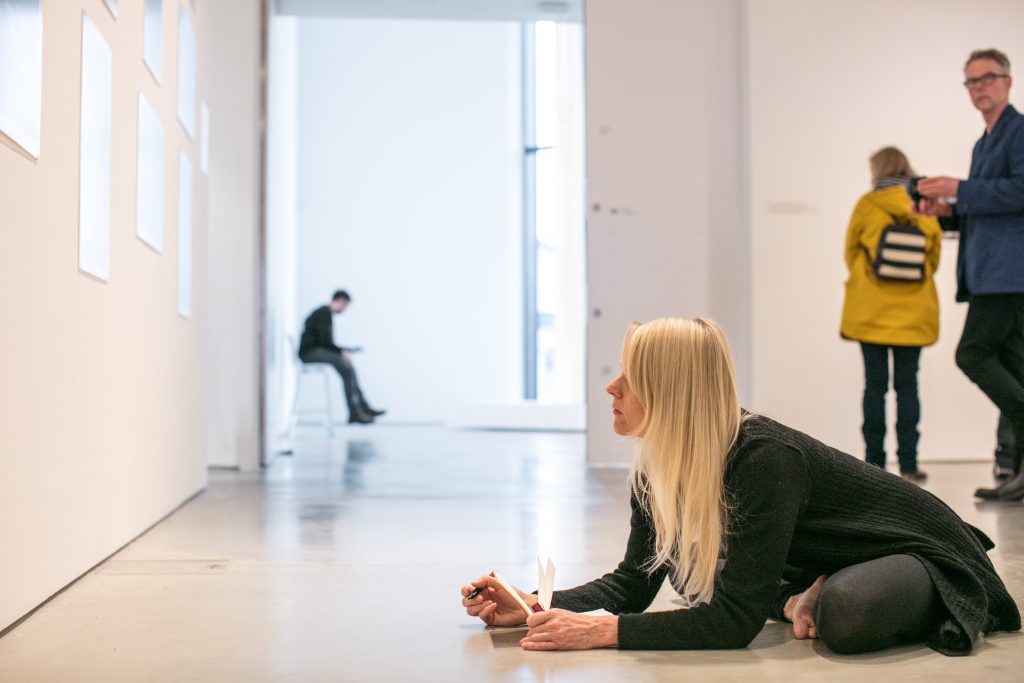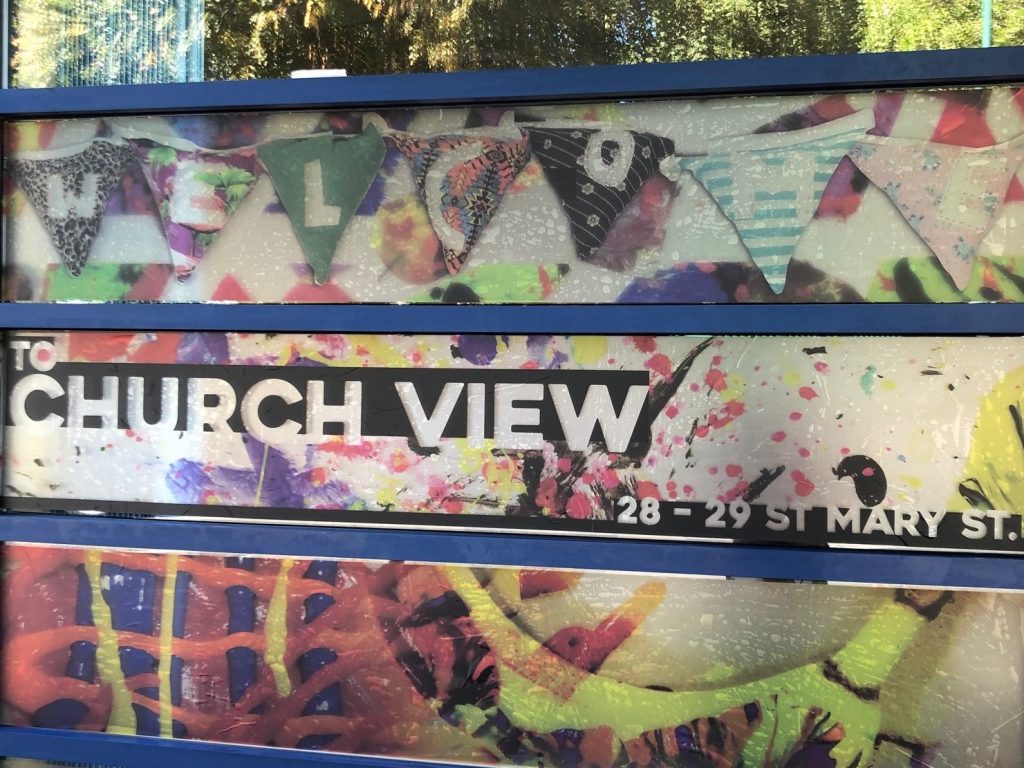
The research programme underpinning the Connecting Culture project will employ innovative, creative approaches.
These include using workshops, journal entries, drawing, photography, blogs, vlogs and mapping to embed cultural democracy within the research, evidencing individual experience through a variety of means.
Our research proposes to address the following questions:
- What role can the Cultural Quarter play in lifting the aspirations of children and young people over the longer term?
- How can it encourage skills and talent development?
- How does it extend and enhance the wider audience reach of the local community?
- What are the social and economic benefits to the community?
- What are the factors for success?
- What role is played by collaboration between cultural organisations and communities?
The research process is intentionally open, collaborative and iterative, providing opportunities for the Consortium, children and young people to co-develop new models of knowledge-exchange and practice for creative programming.
With the Research Team, the Consortium and young people will utilise qualitative and quantitative data such as audience numbers, postcodes, feedback, reflections, data sheets and logs gathered throughout the research project to trial, develop and shape cultural activities and future provision for children and young people.
It is our ambition that the voices of Southampton’s young people should influence national policies that directly impact them. Therefore, we aspire for the Cultural Connectors to present their findings to the Chair and Board of Arts Council England, representatives from Department of Education and Department of Digital, Culture, Media and Sport.
As a result of our project activity, a peer-group of Young Cultural Leaders will emerge, positively transforming the city’s cultural workforce. With them will come increased cultural engagement and new audiences of children and young people, better communication channels and a refined ‘creative offer’. By drawing on research outcomes and engaging in continual dialogue with the Cultural Connectors, the Consortium, partners and the wider cultural sector will be better informed and therefore relevant to Southampton’s children and young people. With increased knowledge on evaluation and reporting, the Consortium will be better skilled and prepared to develop business plans, evidence impact and secure funding for their activities.

A new user-friendly online ‘Culture Mapper’ Tool enables the capture and use of quantitive data across Southampton.
This new tool, developed for Connecting Culture, builds upon the existing work of the University of Southampton’s Software Research Group (SRG) and their Engagement Activity Mapper.
The Culture Mapper Tool captures live data demonstrating the interaction between researchers and participant groups. It presents ‘live’ data three ways: Geographically, Chronologically and as a Network. It is also sortable by subject or art form.
